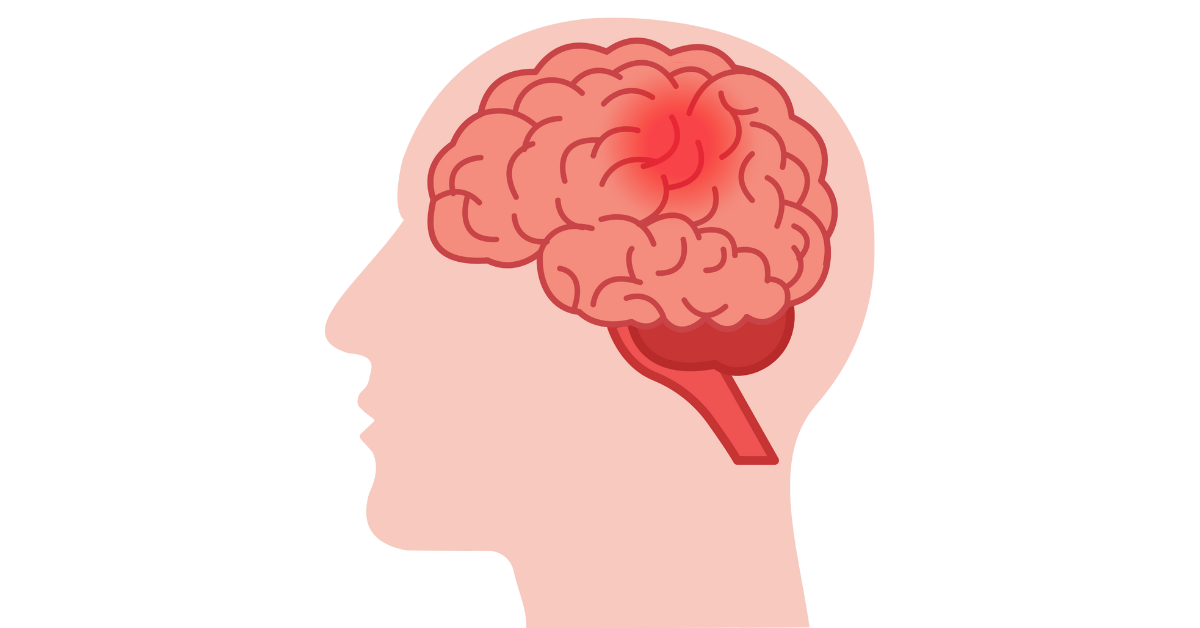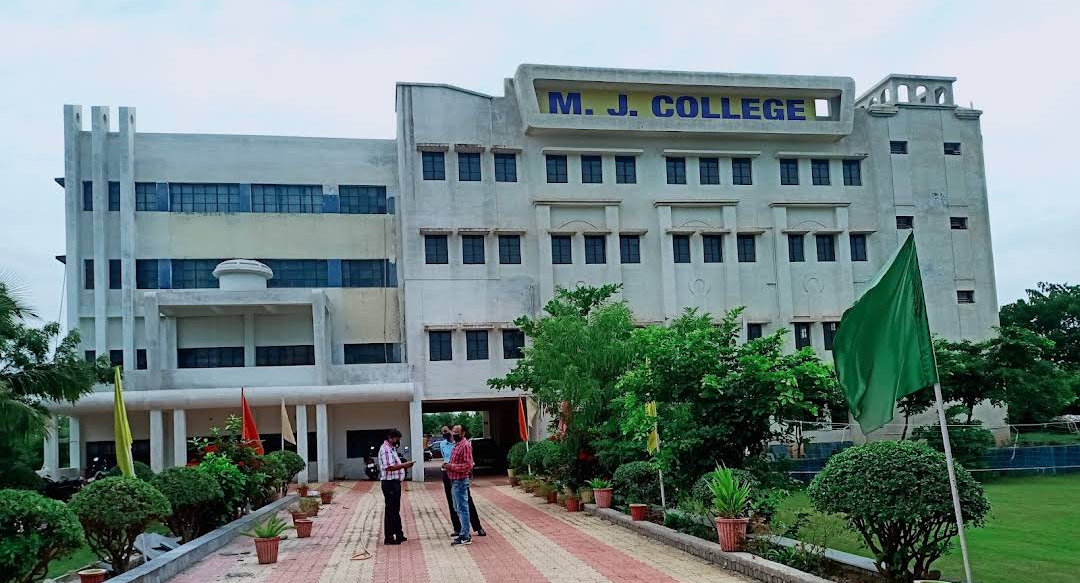Kerala is on alert after a sudden cluster of rare “brain-eating amoeba” infections in Kozhikode, including the death of a 9-year-old girl. Officials are racing to trace exposures, test water sources, and guide communities as more details emerge.
A 9-year-old girl from Thamarassery died on August 14, a day after being admitted with fever to Kozhikode Medical College, with doctors confirming primary amoebic meningoencephalitis. The infection is linked to free‑living amoebae that can enter through the nose, often during exposure to warm, stagnant freshwater. Investigators are mapping her recent movements, testing nearby ponds, and monitoring people who may have bathed at the same sites.
Two more cases deepen the probe
Within days, two additional cases were reported from separate parts of the district, and officials say no common exposure has been found so far. One patient is a 3‑month‑old infant whose family reports no outside exposure beyond household water, steering attention to domestic sources.
Multiple wells and local water bodies are being sampled across different localities, and results are awaited as the pattern points to scattered exposures rather than a single source.
Also Read: MJ Pharmacy College BIG in trouble after exam paper blunder
Prepared response shaped by recent experience
Kerala’s recent rise in amoebic detections—linked to expanded testing for acute encephalitis syndrome—has shaped a rapid response. Hospitals are working under state protocols to recognize and treat suspected cases quickly, with clinicians urged to act early when encephalitis-like symptoms appear.
Separate reports recall a rare survival in Kozhikode last year, reinforcing that swift diagnosis and treatment can improve outcomes despite the disease’s very high fatality.
Precautions and community guidance
District advisories urge people to avoid bathing or diving in warm, stagnant freshwater such as ponds and slow-moving streams. When exposure cannot be avoided, officials recommend keeping heads above water or using nose clips to reduce the chance of water entering the nose. Public and private pools, water parks, and therapy pools have been reminded to maintain proper chlorination and filtration to limit risk.
Health workers are tracing recent users of suspected water sites and watching for early symptoms like fever, headache, vomiting, and seizures. Hospitals have been asked to manage sudden encephalitis-like presentations with high suspicion and to follow established drug protocols.
Also Read: Who is winning the race to become the next James Bond?
Authorities note that while Naegleria fowleri is classically tied to freshwater entering the nose, other free‑living amoebae such as Acanthamoeba can cause similar illnesses, sometimes without obvious water exposure and with longer incubation periods, guiding broader sampling and reviews.
Residents in Kozhikode and nearby areas are being updated through local briefings as environmental test results arrive. The focus is on limiting risky freshwater exposure, ensuring proper disinfection of recreational and domestic water, and speeding up recognition and care for anyone with acute neurological symptoms.




